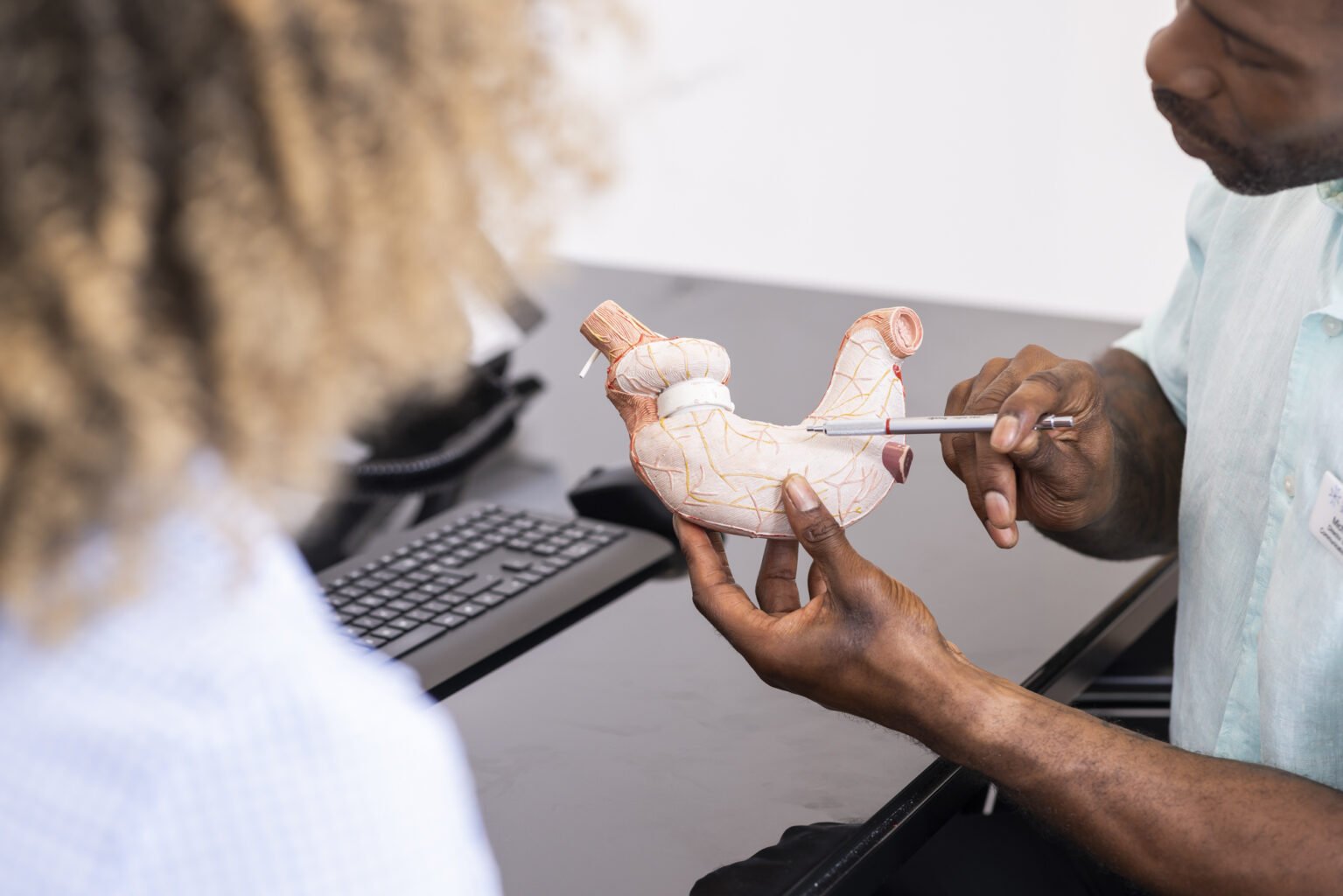GI treatments at our London Gastroenterology Clinic
Key treatments
The combined expertise of our gastroenterologists covers the whole range of upper and lower GI conditions, together with biliary diseases.
If you don’t see a required treatment below, get in touch for more information.
Consultants
Our Gastroenterology Consultants have a wealth of experience and expertise in diagnosing and treating GI problems.
About Our Clinic
The GI Clinic has a multidisciplinary team of surgeons, gastroenterologists, hepatologists, specialist radiologists and support staff who have access to:
A purpose-built Endoscopy Suite adjacent to the consulting rooms, equipped with cutting-edge equipment
State-of-the-art Digital X-ray, CT, MRI and Ultrasound technology
Fully CPA accredited pathology services
The clinic’s integrated approach to patient care ensures a smooth and efficient referral pathway to allow ease of access and quick appointments with the most appropriate clinician for the specific gastrointestinal treatment.
Patient Information
We recognise that coming into hospital can be a stressful and an unnerving experience. At St John & St Elizabeth Hospital we are committed to the welfare of all our patients and you will find all staff will work hard to ensure your stay with us is a positive experience.

